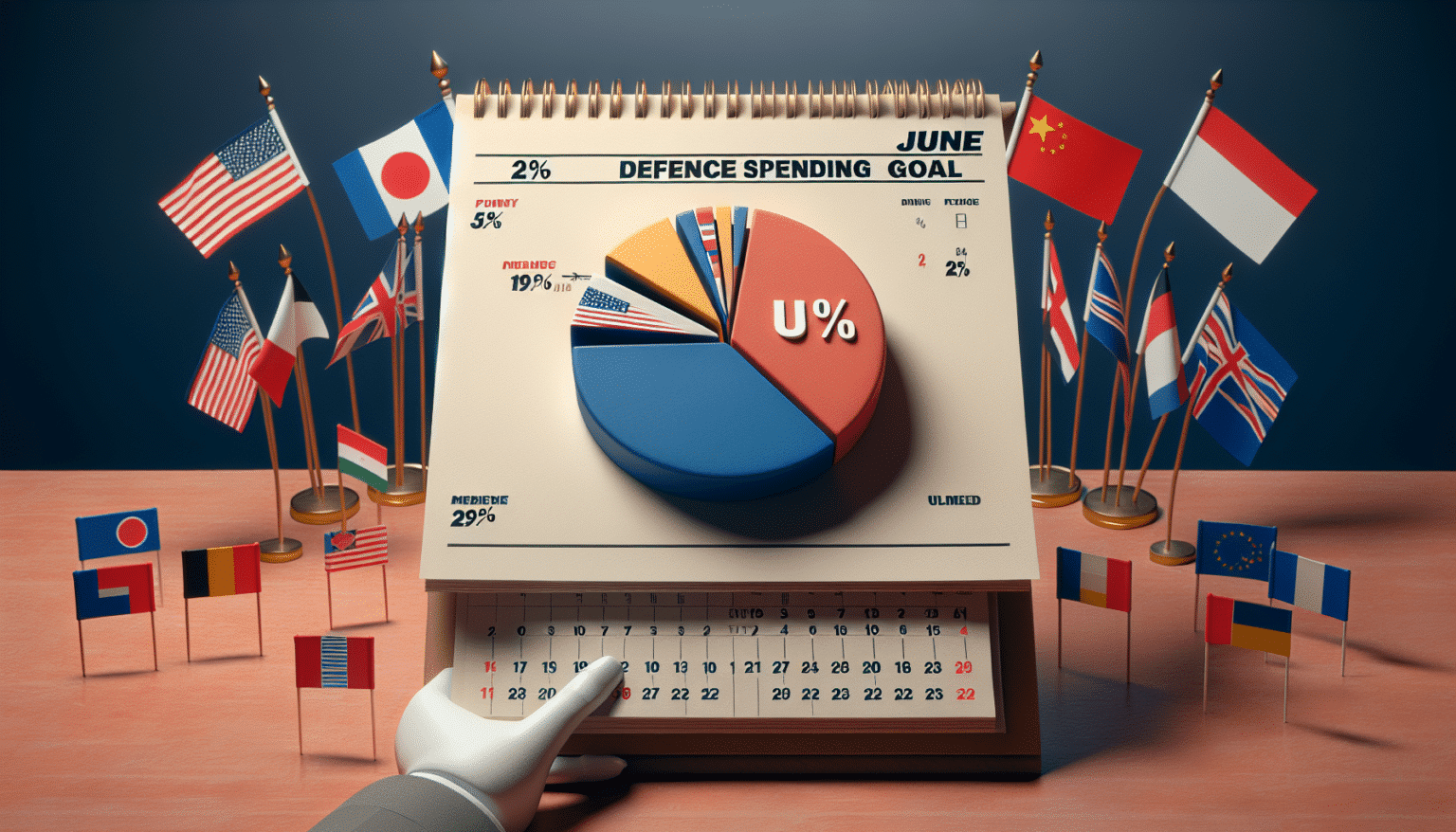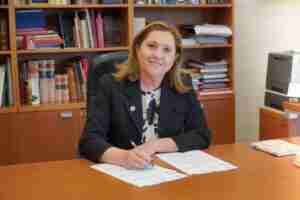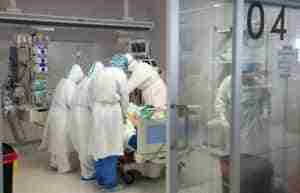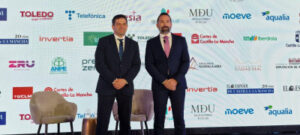En los últimos años, la escena política y militar internacional ha experimentado notables tensiones que han puesto a prueba la resiliencia de alianzas estratégicas como la OTAN. Javier Colomina, un diplomático español de prolongada trayectoria en dicha organización, habla sobre los desafíos actuales y futuros que enfrenta la alianza transatlántica en este contexto de incertidumbre global.
Colomina, con una experiencia que remonta a 2017 cuando se unió a la OTAN y que lo ha llevado a ocupar posiciones de considerable importancia, destaca la relevancia de la alianza en momentos de turbulencia política y militar. Subraya que la OTAN es más crucial que nunca para garantizar la estabilidad y la prosperidad en la región atlántica dada la creciente cantidad de amenazas y retos.
Amid critiques and strategic uncertainties, especially regarding the United States’ military commitment under President Trump’s administration, Colomina reassures European allies about the solidity of the transatlantic link. Despite the anxieties stirred by Trump’s approach to the alliance, private reassurances of a continued commitment to a strong NATO, including the crucial Article 5, have been conveyed.
The Spanish diplomat emphasizes the urgent need for European member countries to increase their defense spending, aligning with the NATO guideline of dedicating at least 2% of GDP to defense—a target that looks poised to increase in light of evolving security requirements. This adjustment reflects an acknowledgment of the disproportionate burden shouldered by the US and the necessity of a more balanced contribution from European allies.
Colomina reveals that while there has been speculation about the potential withdrawal of U.S. troops from Europe, no significant moves have been observed that would suggest an imminent retraction. Such a retraction, according to him, would necessitate considerable preparation and seems unlikely in the immediate future.
On the ability of Europe to handle security challenges, like maintaining peace in Ukraine, without the United States, Colomina is candid. He asserts that while European nations are earnestly working towards providing security guarantees for Ukraine, the unique military capabilities of the U.S. remain indispensable.
The special envoy also discusses the NATO annual summit’s agenda, hinting at discussions that will revolve around Ukraine, defense investment, and the future of the alliance’s spending targets. The conversation suggests a potential move towards an even higher investment threshold, driven by a comprehensive analysis of military needs.
Colomina’s insights come at a crucial time, as NATO grapples with internal debates over financial contributions, the strategic pivot towards addressing threats from the south, including instability in the Sahel region, and the broader implications of a possible U.S. strategic withdrawal under Trump’s presidency.
As NATO looks ahead, challenges related to the «South Neighborhood» and the evolving geopolitical landscape underscore the need for proactive engagement and adaptability. The Spanish diplomat’s reflections offer a glimpse into the substantive deliberations shaping NATO’s response to these pressing challenges, emphasizing solidarity, strategic clarity, and continued transatlantic cooperation.
















